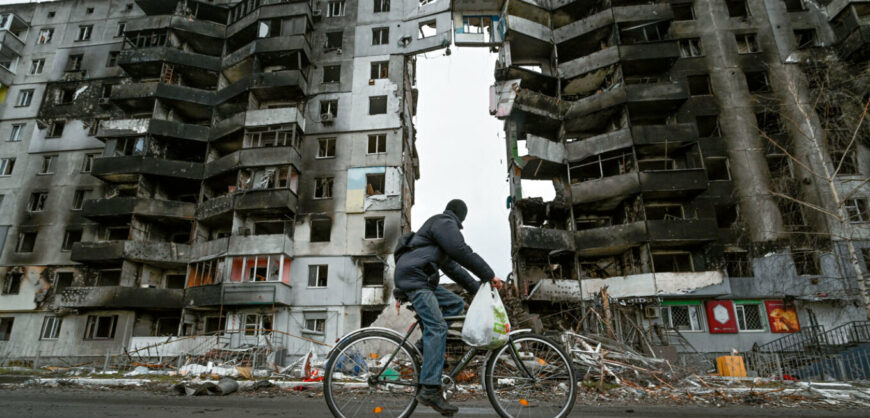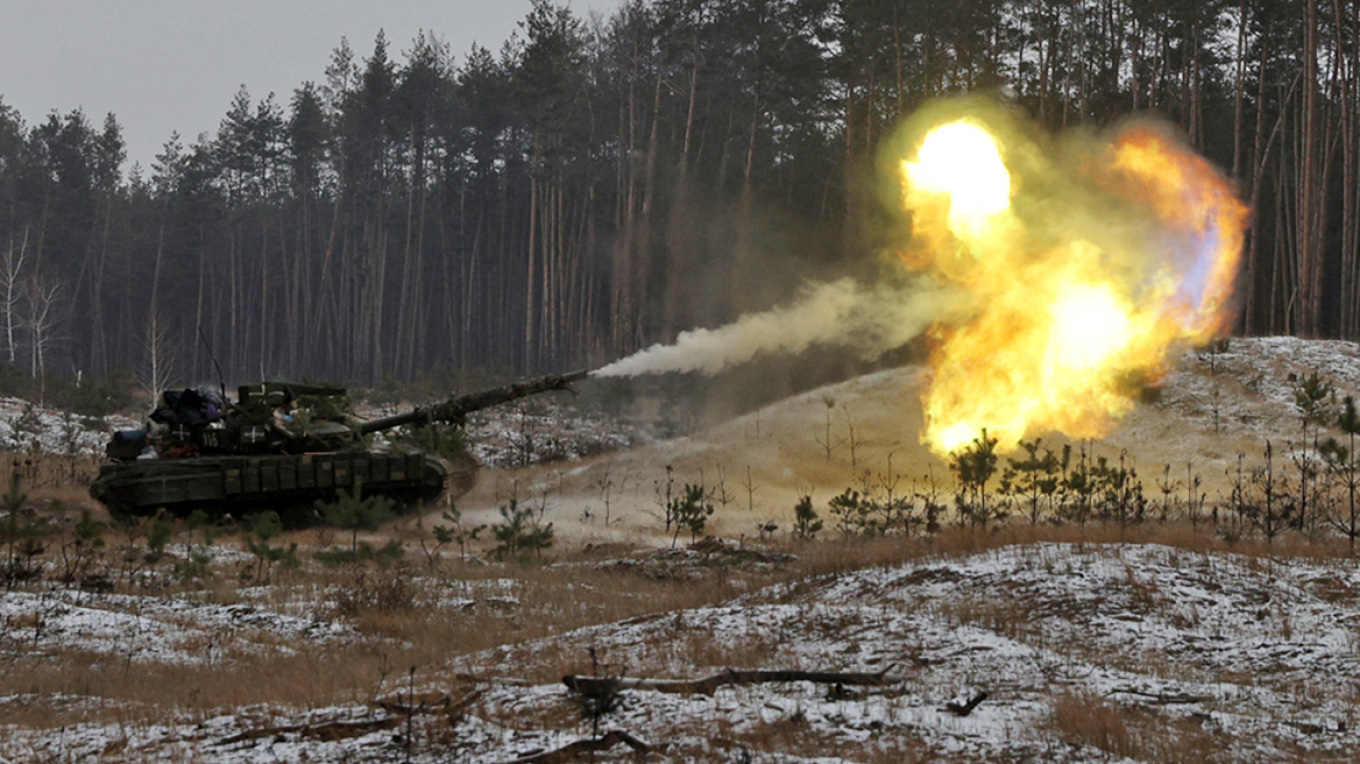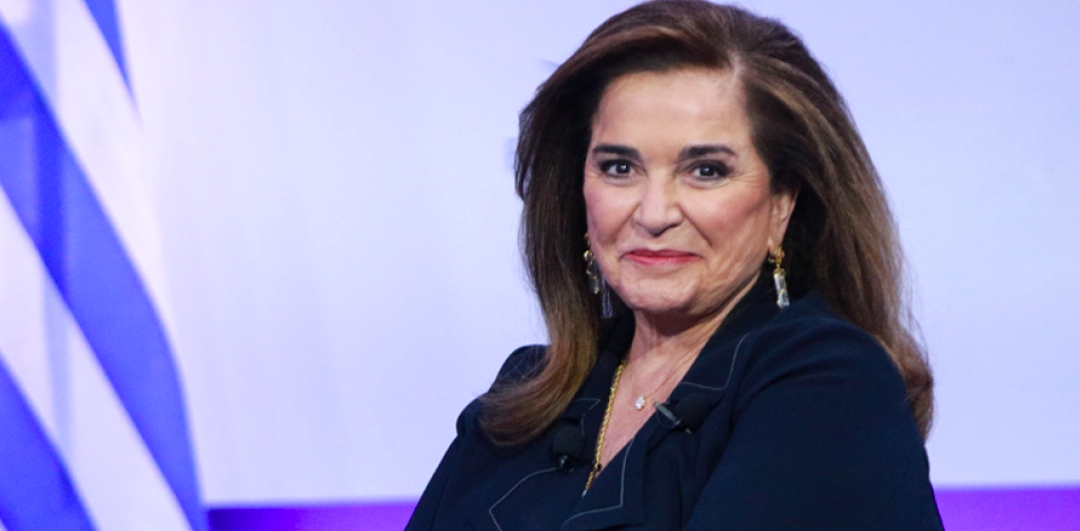Hundreds of thousands – civilians and soldiers – dead, dozens of cities razed to the ground, millions of refugees, complete destruction of homes, infrastructure, and networks and loss of emblematic monuments are just some of the images that dominated the scene of the war when Russia invaded Ukraine, exactly one year ago.
Russian President Vladimir Putin’s move to invade Ukraine in the early hours of February 24, 2022, turned back the clock, shattering the post-war world order. Europe is experiencing the fear of a repeat of World War II, the US, and the North Atlantic Alliance were forced to return to the “old world” by revising their priorities, and the emerging superpowers were asked to choose a side. Old power relations collapsed, international organisations and the web of free international trade were shaken to their foundations, the cost of living skyrocketed, and several cities almost “froze” due to the dreaded energy crisis. High inflation, massive product price hikes, but also the anomalies presented in the supply chain are just some of the daily side effects of the twelve-month, bloody conflict.
The “bleak milestone” of the twelve months of the war, as described by UN Secretary-General Antonio Guterres, has led to the intensification of diplomatic mobility, but also the looming impasses, as neither of the two warring parties can prevail in the short-term, as most analysts point out. The Russian military proved vulnerable and was forced to regroup and adapt to the heroic resistance of Ukraine with the aid of the US and EU. As the conflict moved forward, Kiev proved it had been prepared militarily for the invasion and managed eventually to repel it, after the initial months and regain territory it had lost, as it was determined to fight to the end, investing in the continuous military and economic reinforcement of the West.
The Russian invasion of Ukraine began as a “lightning war” (blitzkrieg) and ended in a “frozen conflict” exacerbated international concerns about its final outcome.
The tragic experience of the twelve months of war does not, however, answer the question regarding the possible winner, as the conflict is heading for a new phase, with its protraction seemingly almost inevitable, but also the closer involvement of China. Beijing seems to want to send messages both to the US and to the West (which it sees as a failure) by sending signals of further tightening of its relations with Moscow. The rumoured trip of Chinese President Xi Jinping to the Russian capital is estimated that it will be enlightening regarding its position against the second year of the Russian invasion of Ukraine, while fueling the fear of the war spilling over.
In the new Cold War scenario, the Russian President has hinted that the use of nuclear weapons would be an option if the heartland of Russia was threatened, as Western analysts believe such a response should not be ruled out as the conflict grind on without a clear winner. If Russia joins forces with China, the sum of their nuclear arsenals is what is already causing terror in the West, which is called upon to stay united until the end and expedite the sending of tanks and ammunition to Ukraine, opening a victory stride before Xi Jinping’s trip.






































